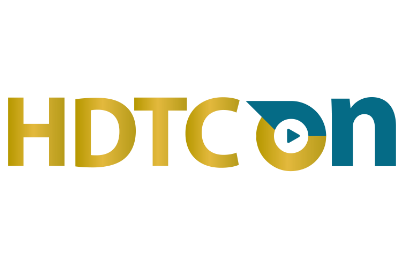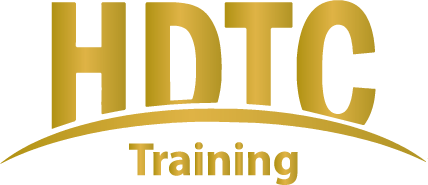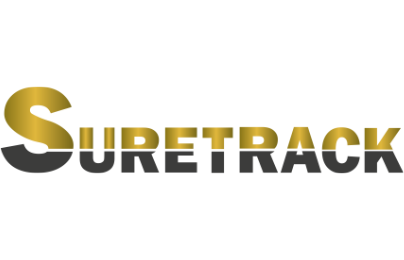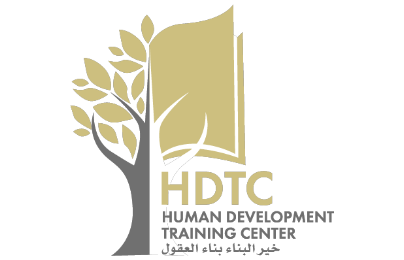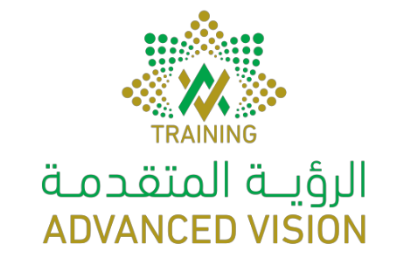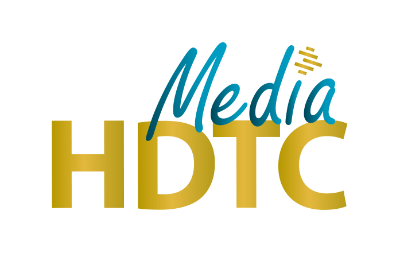Certification in Risk Management Assurance CRMA
The CRMA is the only risk management assurance certification for internal auditors. It was specifically developed to provide the in-depth organizational knowledge and advanced skill sets required for adequate risk management assurance to audit committees and executive management.
Course Info
The CRMA is designed for internal auditors and risk management professionals with responsibility for and experience in providing risk assurance, governance processes, quality assurance, or control self-assessment (CSA). It demonstrates an individual’s ability to evaluate the dynamic components that comprise an organization’s governance and enterprise risk management program and provide advice and assurance around these issues. The CRMA is one more mark of professional distinction for internal audit practitioners. Earning the CRMA will assist you in demonstrating your ability to
- Assure core business processes in risk management and governance.
- Educate management and the audit committee on risk and risk management concepts.
- Focus on strategic organizational risks.
- Add value to your organization as a trusted advisor.
Domain I: Organizational governance related to risk management (25-30%)
- Assess risk management processes in the context of alignment with strategic imperatives
- Assess the processes related to the elements of the internal environment in which organizations seek to manage risks and achieve objectives
- Assess the processes related to the elements of the external environment in which organizations seek to manage risks and achieve objectives
Domain II: Principles of risk management processes (25-30%)
- A. Benchmark risk management processes using authoritative guidance
- Evaluate risk management processes related to
Domain III: Assurance role of the Internal Auditor (IA) (20-25%)
- Review the management of key risks
- Evaluate the reporting of key risks
- Provide assurance that risks are adequately evaluated
- Provide assurance on risk management processes
Domain IV: Consulting role of the Internal Auditor (IA) (20-25%)
- A. Facilitate identification and evaluation of risks
- Coach management in responding to risks
- Coordinate risk management activities
- Consolidate reporting on risks
- Maintain and develop the risk management framework
- Advocate for the establishment of risk management
- Develop risk management strategy for board approval
Earning the CRMA helps address the impact of risk and demonstrates you can:
- Assure core business processes in risk management and governance.
- Educate management and the audit committee on risk and risk management concepts.
- Offer quality assurance and control self-assessment.
- Add value for your organization as a trusted advisor.
- Those who want to learn more about risk management.
- Those who want to learn how to audit risk management.
- Those who want to pass the CRMA certification exam.
- Internal Auditors
- Risk Managers
- CRMA candidates must maintain an active Certified Internal Auditor® (CIA®) designation to participate in the CRMA program.
- Possess five years of relevant experience
- Pass the CRMA examination
- Become a Risk Specialist: CRMAs are risk experts who advise organizational leaders on risk
-
The CRMA credential verifies a person’s qualifications to provide assurance on core business processes in risk management and governance, educate management and the audit committee on risk and risk management concepts, offer quality assurance and control self-assessment, and manage strategic organizational risks.
-
Earning the Certification in Risk Management Assurance (CRMA®) demonstrates your expertise in risk management assurance and provides a solid foundation for a rewarding career in this field. Here's a potential career path and various opportunities you can explore as a CRMA® certified professional:
-
- Internal Auditor
- Risk Assurance Analyst
- Risk Manager
- Compliance Manager:
- Risk Consultant:
- Risk Governance Specialist
Exam topics:
- Internal audit roles and responsibilities (20%)
- Risk management governance (25%)
- Risk management assurance (55%)
Seat length: 150 minutes
Question types: a variety of question types
Language: English
